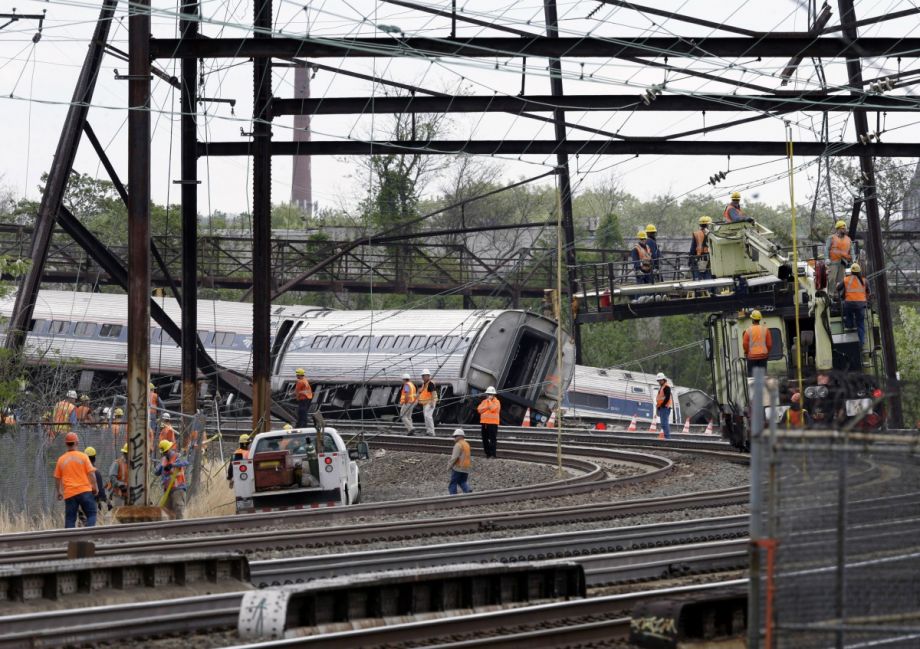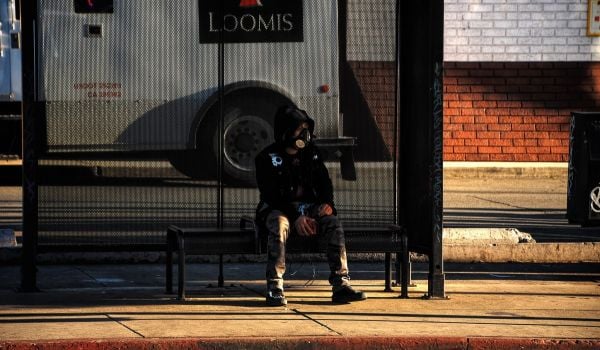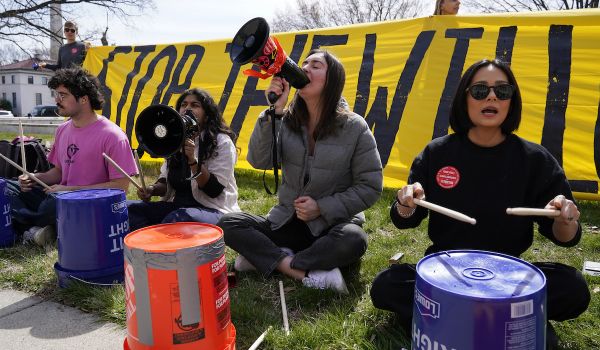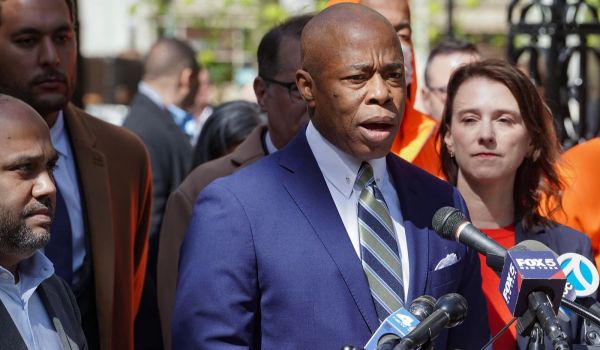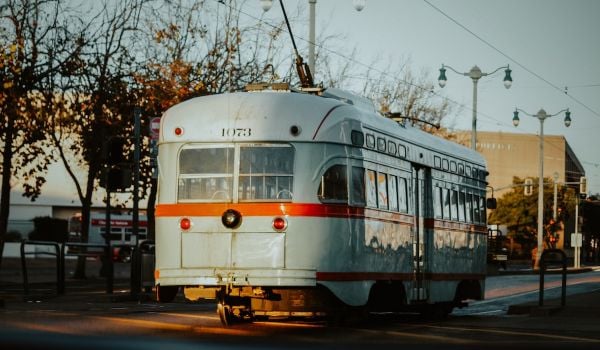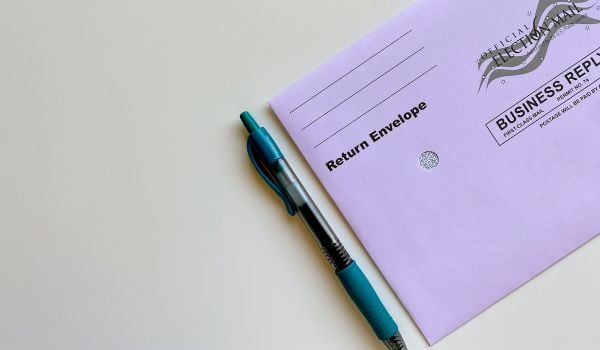The derailment of Amtrak Northeast Regional Train 188 in Philadelphia on Tuesday evening reminds all of us about the fragility of life. It also should challenge us to expect more from our transportation system, and the people entrusted with its future.
In this time of pain and loss, we at Next City extend our sympathies to the families and friends of those who died or were injured. And, we offer our sincere appreciation to first responders and all who served to aid those involved in this tragedy.
We also, however, call on elected and appointed officials to consider this moment a clarion call to make the systems that move people and goods safer, more secure and more resilient. The price of enhancing current systems and building new systems to serve the new economy, growing markets and changing demographics pales in comparison to the loss of life and disruption of the economy, evidenced by this tragedy alone.
A full investigation is ongoing into the Amtrak derailment on the Northeast Corridor, and lessons will be learned regarding rail operations. However, this should not detract from the critical need to improve our transit systems.
For too long we have allowed elected officials to pander to special interests and starve critical infrastructure investments. Recent trends of borrowing to fill budget gaps will burden younger generations for decades to come. The fiscal “tool” of federal sequestration continues to be a crutch for a Congress that lacks the capacity to lead on finding workable solutions to our infrastructure challenges.
The Amtrak tragedy and resulting system adjustments expose the vulnerability of moving people and goods in an already congested area. In this regard, however, the Northeastern U.S. does not have a monopoly. And the lack of high-speed rail anywhere in the country increasingly jeopardizes the economic, social and environmental health of our communities.
Let us pledge to recover from this tragedy with a commitment to move forward with a solid investment plan for our transportation system. National, state and local leaders should publicly agree on a plan to finance and build the next generation of transit that will enhance safety, promote beneficial economic development, and protect our environment.
Choice — providing more transportation options for all — should be an expected result. Coordination among transit agencies on the federal and state level, as evidenced in the aftermath of the Amtrak derailment by SEPTA and NJ Transit, show the power of beneficial redundancy.
This week — National Infrastructure Week — is the perfect time to move forward by doubling down on transportation. We should follow the prescription laid out this week by Robert Puentes of the Brookings Institution, whose federalist agenda for transportation identified a three-pronged strategy: Lead with innovations that connect metropolitan regions; empower through greater flexibility; and leverage by refining existing innovation finance tools.
New technologies and finance mechanisms today provide leaders with options for building and operating transit systems. Public-private partnerships (P3s) can and should be considered, especially in areas where politicians lack the will or support to raise taxes or user fees to finance improvements. And, as Puentes advocates, we need to recognize the many actors at the state and local levels, and demand a seamless system irrespective of jurisdiction.
Next City calls on those leaders to proclaim this a new day for public transit. That new day requires a fiscal commitment the likes this country has never seen. However, the failure to plan will ensure a plan failure. Are we willing to accept that?

Tom was president, CEO and publisher of Next City from May 2015 until April 2018. Before joining Next City, he directed the Center for Resilient Design at the College of Architecture and Design at the New Jersey Institute of Technology. Prior to that, he ran the Regional Plan Association’s New Jersey office, and served as a senior adviser on land use for two New Jersey governors. Tom is a licensed professional planner, and a member of the American Institute of Certified Planners, as well as an adjunct professor at the New Jersey Institute of Technology, where he teaches land use planning and infrastructure planning.


